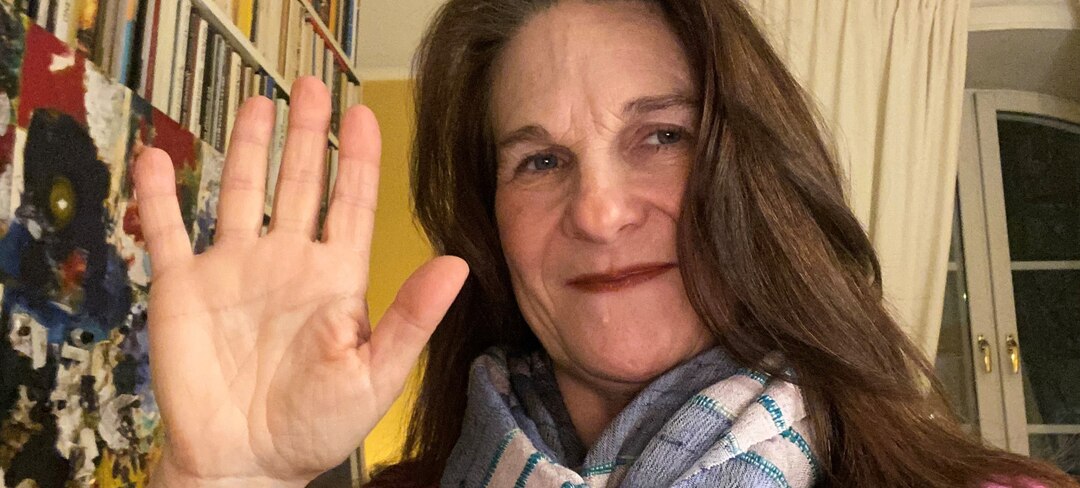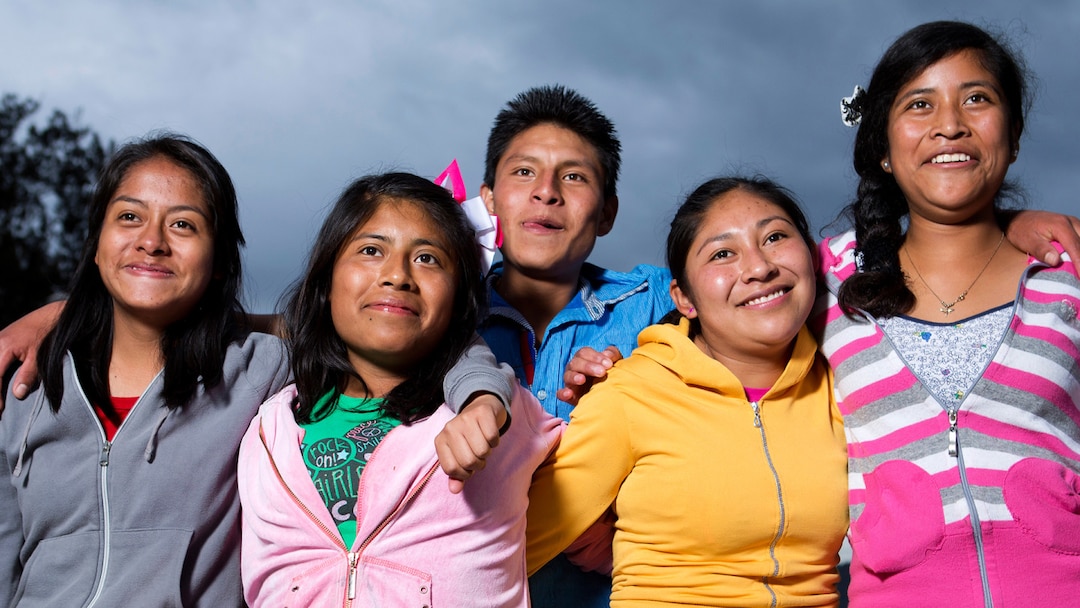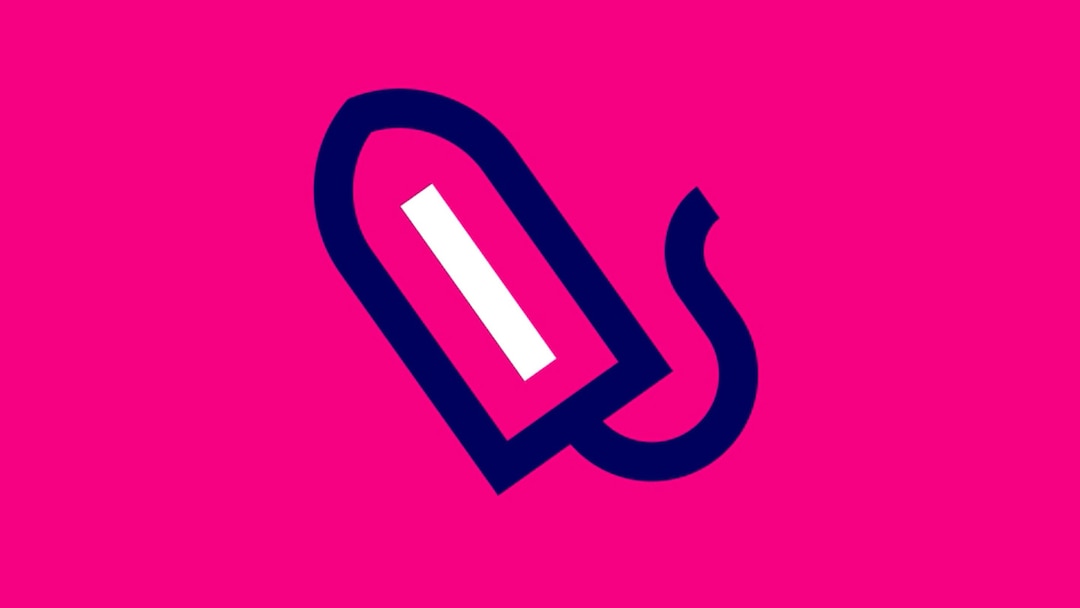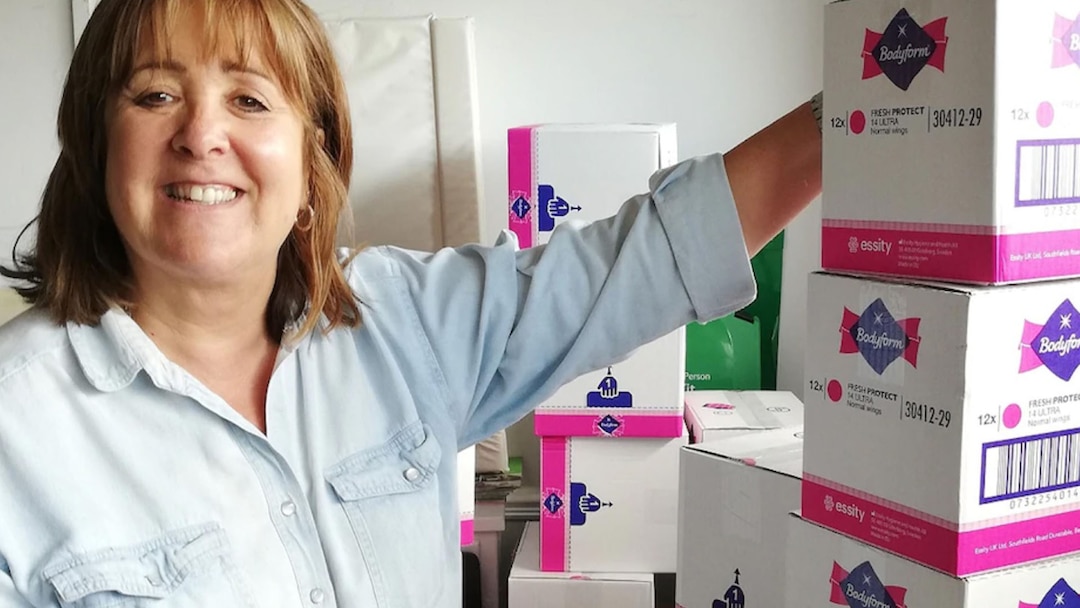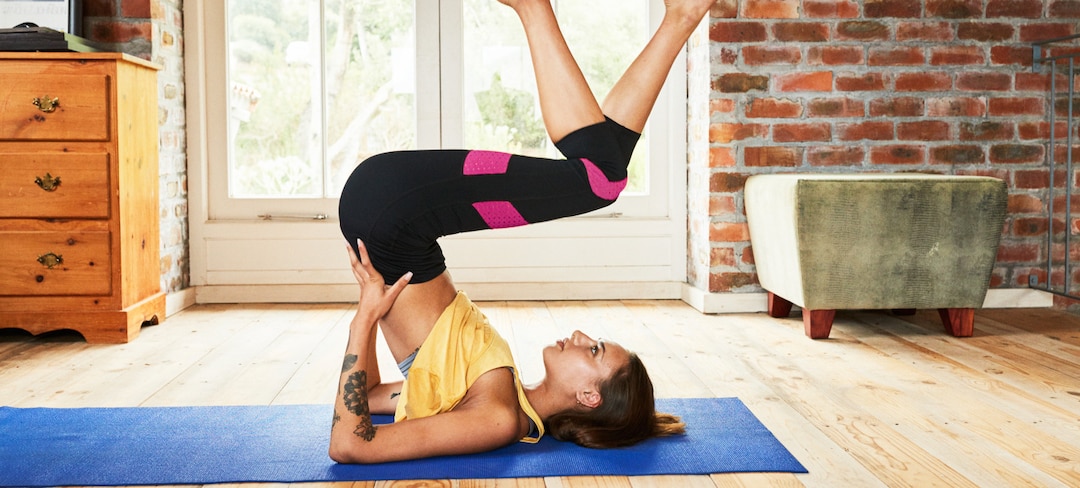Apoyamos activamente el Día de la Higiene Menstrual de WASH United a través de la activación y educación en las redes sociales. El tema de este año es #nomorelimits y se centra en crear conciencia sobre el papel fundamental de la higiene menstrual para empoderar a las mujeres y las niñas y alcanzar así su máximo potencial.
Más información: http://menstrualhygieneday.org/
 Austria
Austria  Belgium
Belgium  Canada
Canada  Denmark
Denmark  Finland
Finland  France
France  Germany
Germany  Italy
Italy  Mexico
Mexico  Netherlands
Netherlands  Norway
Norway  Poland
Poland  Spain
Spain  Sweden
Sweden  United Kingdom
United Kingdom  USA
USA 

